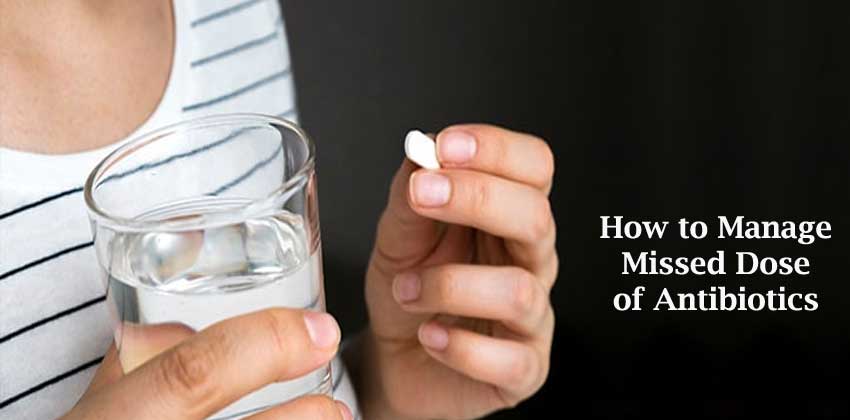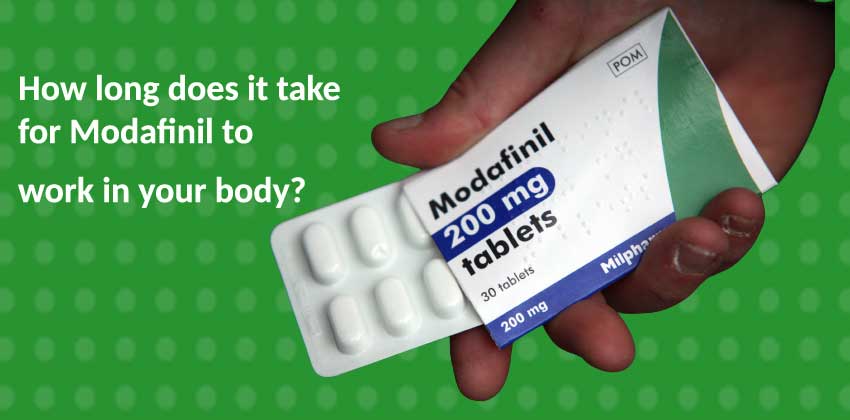-
Choose Store:


- Track Your Order
- My Account
- My Wishlist
- Log In
How To Deal With Missed Doses Of Antibiotic Medication?

Normally, there are various types of Bacteria, and not all of them are harmful to the human body. Some bacteria can cause serious infections such as urinary tract infections (UTIs), strep throat, cellulitis, and many more. Taking the right Antibiotic medication will be a suitable option for easily getting rid of the bacteria from our body.
What Are Antibiotics?
Antibiotics are especially the type of medication used to treat bacterial infections in the body. These are drugs for killing or even preventing the bacteria from growing.
Usually, Antibiotics play an important role in easily destroying bacterial infection and also preventing the spread to other organs in our body.
It is quite important to take the prescription as directed by the physician.
Whether you have accidentally missed a dose, then you need to take necessary action to reduce the side effects. Antibiotics are quite a powerful medication for treating infections.
These can easily save more lives when used properly. Antibiotic medication stops bacteria from reproducing and even destroys them.
How Does Antibiotics Work?
Generally, bacteria can multiply and cause symptoms, but our immune system could harm and kill them. Our blood has White blood cells (WBCs), which attack harmful bacteria when there is any symptom occurs.
The immune system usually copes as well as fends off the infection. If the number of harmful bacteria is excessive, then the immune system cannot reduce them. So it is quite important to take the appropriate Antibiotics.
Penicillin is the first antibiotic introduced, and these Penicillin-based antibiotics are amoxicillin, ampicillin, penicillin G, and many more. These are also useful for treating a variety of infections in the body.
There are various types of modern antibiotics available, so these will be available under the prescription of the doctors. Antibiotic medicines fight infections caused by bacteria in humans.
A bactericidal antibiotic is penicillin which kills bacteria. These bactericidal antibiotic drugs interfere with the formation of bacterial cell walls and even cell contents.
Topical antibiotics are available as ointments and creams over-the-counter (OTC). Bacteriostasis would be extensively stopping the bacteria from multiplying.
These could be taken hours or even days from the first dose. Antibiotics work by killing bacteria or even preventing them from spreading.
Antibiotics do not work on viral infections like colds and flu, and most coughs.
Antibiotics are also not routinely used to treat longer chest infections, chest infections, sore throats, or ear infections in children.
Benefits Of Antibiotics:
Antibiotics are well-efficient options for avoiding any kind of serious complications.
Antibiotics are the best choice to avoid the infection spread. People having a higher risk of infection are also given antibiotics as a precaution. These are called antibiotic prophylaxis.
- Powerful drugs to treat diseases caused by bacteria
- Cannot treat viral infections like colds, flu
- Doctors prescribe to treat bacterial
- It kills bacteria and prevents them from multiplying
Dosage Instructions ForAntibiotics:
The doctor would diagnose the health condition and prescribes antibiotics for treating the bacterial infection.
These drugs are not quite effective against the viruses. Doctors would provide the exact dosage that is required for treating the infection.
Viruses cause upper respiratory tract infections like the common cold and flu. But the Antibiotics do not work against these viruses.
Children who have a higher risk of infection may also be given antibiotics as a precaution. Antibiotics can come in various forms, such as tablets, capsules, and liquids. These are used to treat mild to moderate infections.
Antibiotics are also available in the form of creams, lotions, drops, and sprays. These are used to treat skin infections as well as eye infections.
Antibiotic injections will be given into the bloodstream or muscles. These are mainly used for serious infections spread in the body.
Doctors would be prescribing broad-spectrum antibiotics for treating a range of infections. Doctors would be prescribing narrow-spectrum antibiotics only for fewer bacterial infections.
Missed Dosage:
If you forget to take the Antibiotic dosage, then you need to check the patient information leaflet.
These can be available with the meclizine. When you are not sure to find them, then you can speak to the GP or pharmacist.
Skip the missed doses if it's almost time for the next dose so you can continue with the regular dosing schedule. You must not double dose the drugs for the missed one.
Overdose:
If you overuse antibiotics or use them incorrectly, then bacteria could become resistant.
Antibiotic becomes less effective against any type of bacterium. The main reason is that the bacterium plays an important role in improving the defense.
There is always an increased risk of side effects when you take two or more doses together than recommended.
Avoid taking one extra dose of your antibiotic, as these could cause you serious harm.
These will increase the chances of getting side effects like pain in your stomach, being sick, diarrhea, and many more.
Speak to your GP or call Emergency service as soon as possible when you accidentally take more than one extra antibiotic dose.
What To Do If You Miss A Dose
When you have the prescribed course of antibiotics, then you need to take them exactly between 1 to 4 times per day.
You can check the prescription from your doctor about the dosage. If you miss a dose of your antibiotic, then you could simply take the missed dose when you remember.
When you plan to skip your missed dose, then you need to take the next dose of antibiotic as scheduled.
Frequently Asked Questions:
How Does Antibiotic Resistance Happen?
Bacteria develop ways to escape their effects in the body when exposed to antibiotics. Bacteria can adapt, so it is important to be should be careful about using antibiotics.
How Does Your Healthcare Provider Determine When The Infection Is Resistant?
Health care provider takes a sample from a sick person and sends it to the laboratory. The sample is tested At the laboratory to see if there are bacteria present. These are suitable for ensuring antibiotics work to treat the infection.
How Antibiotic Drives Increasing Rates Of Antibiotic Resistance?
Antibiotic uses significant factor for extensively driving increasing rates of antibiotic resistance. Bacteria develop resistance characteristics for escaping. This allows more space for resistant bacteria to multiply in the body.






